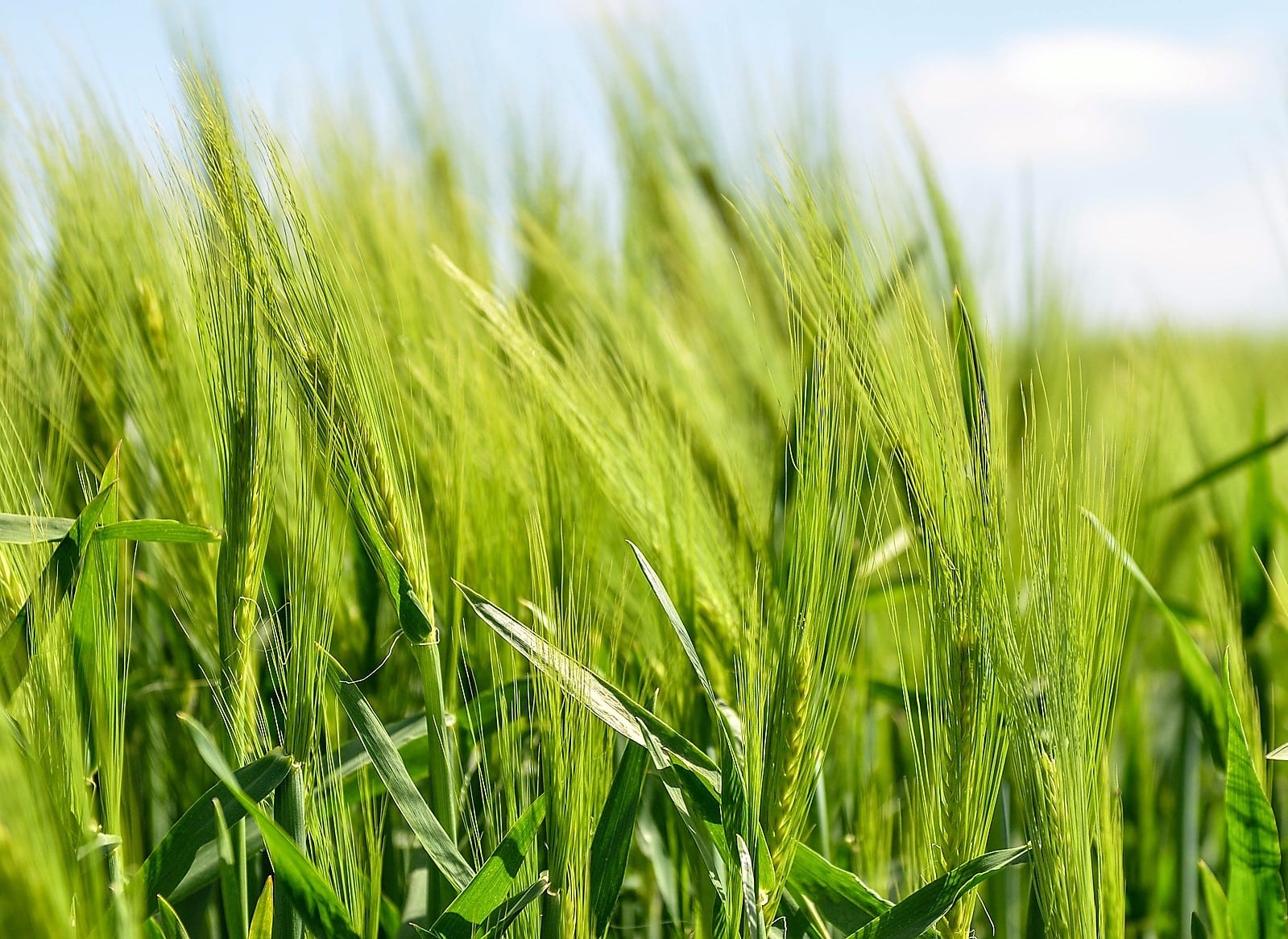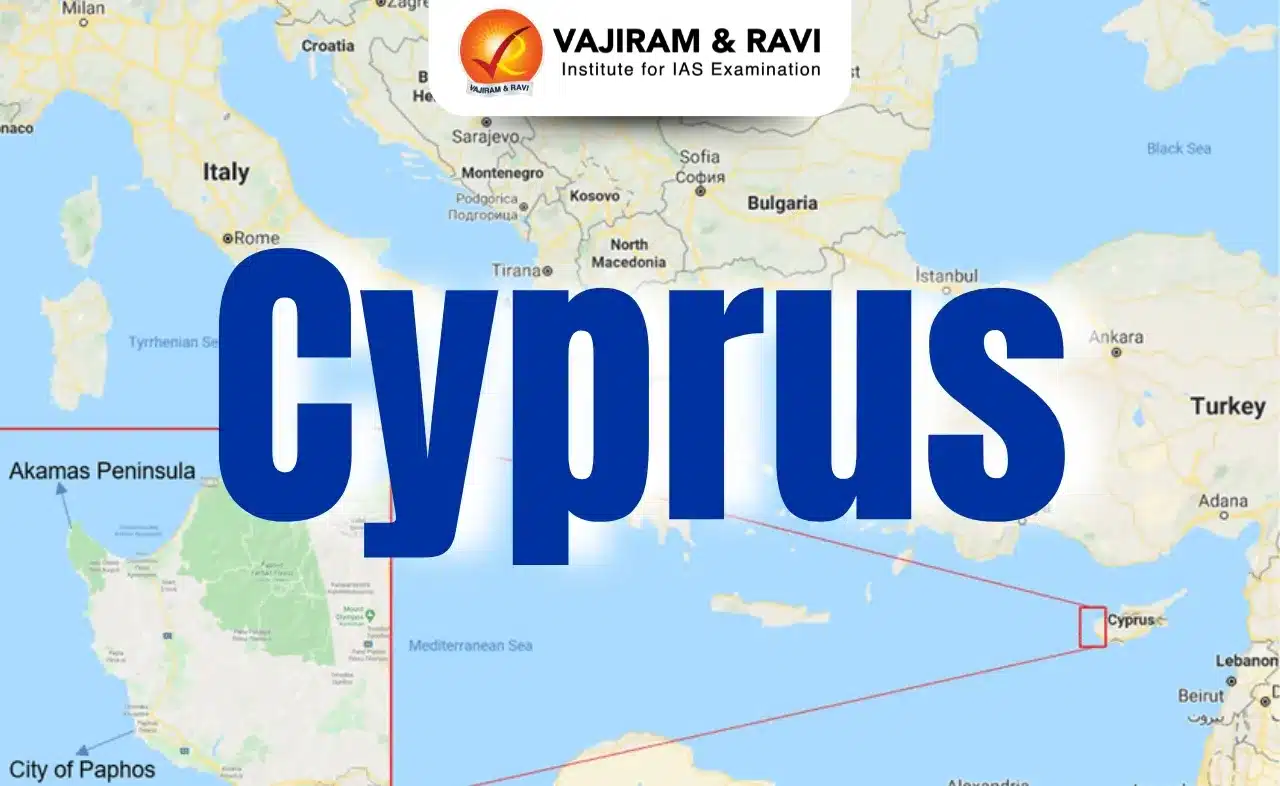About Protection of Plant Varieties and Farmers’ Rights Authority:
- It is a Statutory body created by an act of Parliament.
- It works under the Department of Agriculture, Cooperation and Farmers Welfare, Ministry of Agriculture and Farmers Welfare.
- Formation:
- In order to provide for the establishment of an effective system for the protection of plant varieties, the rights of farmers and plant breeders and to encourage the development of new varieties of plants, the Govt. of India enacted “The Protection of Plant Varieties and Farmers’ Rights (PPV&FR) Act, 2001” adopting sui generis system.
- The legislation recognizes the contributions of both commercial plant breeders and farmers in plant breeding activity and also provides to implement TRIPs in a way that supports the specific socio-economic interests of all the stakeholders including private, public sectors and research institutions, as well as resource-constrained farmers.
- To implement the provisions of the Act, the Govt. established the Protection of Plant Varieties and Farmers’ Rights Authority on 11 November, 2005.
- Structure:
- The Chairperson is the Chief Executive of the Authority.
- Besides the Chairperson, the Authority has 15 members, as notified by the Government of India (GOI).
- Eight of them are ex-officio members representing various Departments/ Ministries, three from SAUs and the State Governments, one representative each for farmers, tribal organization, seed industry and women organization associated with agricultural activities are nominated by the Central Government.
- The Registrar General is the ex-officio Member Secretary of the Authority.
- General Functions of the Authority:
- Registration of new plant varieties, essentially derived varieties (EDV), extant varieties;
- Developing DUS (Distinctiveness, Uniformity and Stability) test guidelines for new plant species;
- Developing characterization and documentation of varieties registered;
- Compulsory cataloging facilities for all variety of plants;
- Documentation, indexing and cataloguing of farmers’ varieties;
- Recognizing and rewarding farmers, community of farmers, particularly tribal and rural community engaged in conservation and improvement;
- Preservation of plant genetic resources of economic plants and their wild relatives;
- Maintenance of the National Register of Plant Varieties and
- Maintenance of National Gene Bank.
Q1) What is TRIPS?
The WTO Agreement on Trade-Related Aspects of Intellectual Property Rights (TRIPS) is the most comprehensive multilateral agreement on intellectual property (IP). It plays a central role in facilitating trade in knowledge and creativity, in resolving trade disputes over IP, and in assuring WTO members the latitude to achieve their domestic policy objectives. It frames the IP system in terms of innovation, technology transfer and public welfare. The Agreement is a legal recognition of the significance of links between IP and trade and the need for a balanced IP system.
Source: Delhi HC rejects PepsiCo’s appeal over potato patent: What the case is
Last updated on June, 2025
→ UPSC Notification 2025 was released on 22nd January 2025.
→ UPSC Prelims Result 2025 is out now for the CSE held on 25 May 2025.
→ UPSC Prelims Question Paper 2025 and Unofficial Prelims Answer Key 2025 are available now.
→ UPSC Calendar 2026 is released on 15th May, 2025.
→ The UPSC Vacancy 2025 were released 1129, out of which 979 were for UPSC CSE and remaining 150 are for UPSC IFoS.
→ UPSC Mains 2025 will be conducted on 22nd August 2025.
→ UPSC Prelims 2026 will be conducted on 24th May, 2026 & UPSC Mains 2026 will be conducted on 21st August 2026.
→ The UPSC Selection Process is of 3 stages-Prelims, Mains and Interview.
→ UPSC Result 2024 is released with latest UPSC Marksheet 2024. Check Now!
→ UPSC Toppers List 2024 is released now. Shakti Dubey is UPSC AIR 1 2024 Topper.
→ Also check Best IAS Coaching in Delhi






















